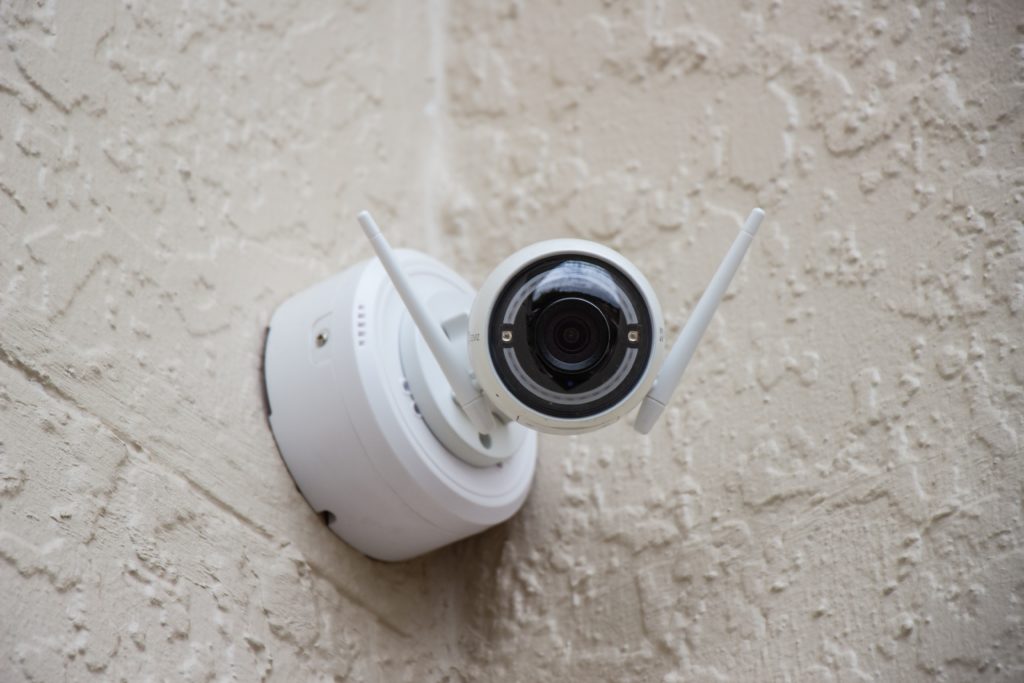In today’s tech-savvy world, installing security cameras in homes has become increasingly common. But what happens when it’s not about safety—when it’s about surveillance? Many people, especially women, are asking: Can my husband put cameras in the house without my permission? The answer is both legal and emotional, touching on privacy rights, trust, and domestic laws. Let’s explore your rights, the legal boundaries, and what you can do if your privacy is being invaded.
Understanding Privacy Laws in Domestic Settings
Privacy laws vary by country, but most modern legal systems recognize the right to feel safe and private in one’s own home.
Australia
In Australia, it is generally legal to install security cameras in your home if you are the property owner. However, secretly recording someone without their consent in private areas like bathrooms or bedrooms can be illegal, even in your own home.
United States
Laws differ by state, but in most places, recording audio without consent is illegal. Video surveillance is often allowed in public or shared spaces, but covert surveillance in areas where privacy is expected is typically against the law.
United Kingdom
Under the Data Protection Act 2018 and Human Rights Act 1998, everyone has the right to privacy, even from their spouse. Secret recordings inside a shared home can breach these laws.
Canada
Canadian privacy laws, such as those enforced by the Office of the Privacy Commissioner, also protect individuals in their homes from being recorded without consent.
Consent and Co-Habitation: What the Law Says
Being married does not automatically give one spouse the right to surveil the other.
- Consent is key. Unless both parties agree, placing cameras that record another person’s activities—especially in private areas—can violate privacy laws.
- Shared homes require shared decisions. When two adults cohabitate, one cannot unilaterally install surveillance without consequences, especially if the other is unaware.
Legal vs. Ethical Considerations
Just because something may be legal doesn’t make it right. In some situations, a spouse might justify surveillance for “safety,” but if done in secret, it can damage trust and cause significant emotional harm.
- Emotional toll: Constant monitoring may lead to stress, anxiety, or feelings of violation.
- Erosion of trust: Surveillance without consent can signal deeper relational issues such as control or jealousy.
When It’s Illegal: Examples of Covert Surveillance
There are clear legal boundaries when it comes to home surveillance:
- Bathrooms and bedrooms are always considered private spaces.
- Hidden cameras in these areas can lead to criminal charges, even between spouses.
- Courts view such recordings as a violation of basic human rights and dignity.
Shared Property vs. Personal Privacy
In a shared home:
- Surveillance in common areas (like the living room or kitchen) is more legally tolerated.
- Personal bedrooms, especially in estranged or contentious relationships, have stronger legal protections.
If you’re cohabitating and not in agreement, surveillance in your personal space is likely unlawful.
Domestic Abuse and Surveillance
Using surveillance as a method of control, intimidation, or coercion is a red flag for domestic abuse.
- This behavior can qualify as coercive control, a form of abuse recognized under Australian and UK law.
- Victims have the right to seek protective orders and involve law enforcement.
If you feel threatened or monitored unfairly, you’re not alone—legal protection is available.
Can You Remove or Disable the Cameras Legally?
Yes, but there are conditions:
- If the camera is in your private space and you were not informed, you may have the right to disable or remove it.
- However, in shared or owned spaces, this action may lead to property disputes.
Always consult legal counsel to avoid criminal damage accusations.
Legal Recourse If You’re Being Watched Without Permission
If your husband is recording you without consent:
- Document everything – timestamps, locations, and devices.
- Consult a lawyer for local advice based on your country or state.
- Report to police if the recordings are threatening, explicit, or made in private spaces.
- Seek a protective or restraining order if surveillance is part of abuse.
You can find help and resources at sites like Aussie Tech Solutions, which offer privacy protection tools and information.
Recording Children: Special Considerations
- In most jurisdictions, parents have more leeway to record for safety.
- However, if cameras are used as part of a dispute or to manipulate, it may violate family law protections.
Children, especially older ones, have a right to a reasonable expectation of privacy.
What If You’re Not the Legal Owner of the Property?
Being a tenant or co-owner gives you rights, too:
- Tenants have legal protection against unauthorized surveillance by landlords or co-inhabitants.
- Co-owners can’t install cameras that infringe on another’s privacy without facing legal consequences.
Talking to Your Spouse About Surveillance
Open dialogue is often the first step:
- Ask why the cameras were installed.
- Share your feelings about privacy and boundaries.
- Seek mediation or counseling to resolve disputes and avoid legal conflict.
Tech Solutions for Your Privacy
Protect yourself with:
- Hidden camera detectors – detect wired/wireless cameras using infrared.
- Signal jammers – block transmission from covert surveillance devices.
- Mobile apps – can detect unknown devices connected to your home Wi-Fi.
Professional Help and Counseling
Invasive surveillance often signals larger relationship issues. Consider:
- Therapy – to rebuild trust or resolve emotional wounds.
- Legal mediation – for separation, cohabitation disputes, or asset division.
- Support groups – especially for victims of tech-related domestic abuse.
What to Do If Surveillance Turns Into Harassment
When surveillance escalates:
- Recognize signs: obsessive monitoring, manipulation, fear.
- Contact domestic violence services.
- Keep records and seek protective court orders.
You have the right to live without fear or violation.
Preventing Unwanted Surveillance in the Future
- Draft a home surveillance agreement during cohabitation.
- Define what’s allowed and where cameras can be placed.
- Make it part of rental or ownership contracts to avoid disputes.
Summary of Your Rights in Domestic Surveillance
- Consent is essential.
- You can’t be secretly recorded in private areas.
- You can seek help legally and emotionally if your rights are violated.
- Surveillance can be a form of abuse when used improperly.







